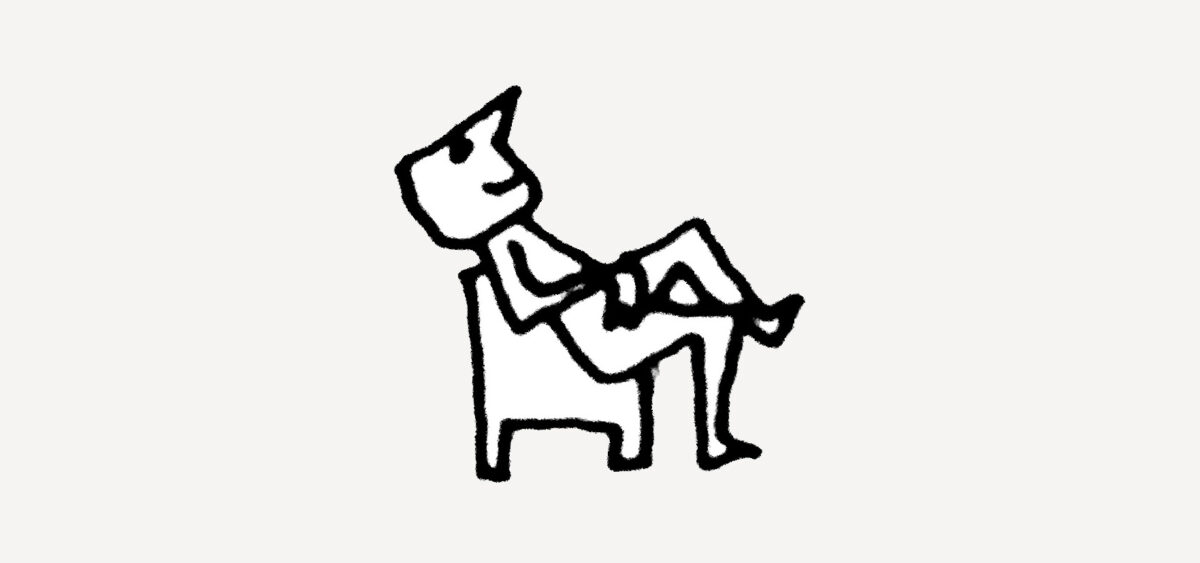
A master yogi who was brought up in the West recommends what to do in order for all of us to live better lives.
In the 1970’s there was a best seller, entitled “I’m O.K., you’re O.K.” which like many books since then, dealt with human relationships, and how to make the most of them. The title expresses what most of do unconsciously all the time: make judgments about others. Unfortunately, most of our judgments are not “O.K.” but rather express opinions, which harm others and ourselves. Consequently, our human relationships become a source of great division and conflict. In past decades much of psychology has focused upon improving our social relations, managing conflict, and making our personalities more acceptable socially. The role of judgments in our social relations, however, is not widely understood.
Empathy and antipathy
Studies in psychology have revealed that most persons form fairly accurate impressions of others within a few moments. It is as if the human being is able to quickly scan others and absorb, even intuitively, many valid factors. However, these impressions provoke reactions that are usually colored by one’s own tendencies and feelings, which in turn create judgments. For example, a recent study of people being interviewed revealed that interviewees who felt empathy for their interviewers, tended to be selected for the position, even though their answers and qualifications were often not adequate, while interviewees who felt some dislike or antipathy for the interviewer did not succeed, even when their answers and qualification were exceptionally good. This indicates that the interviewers formed judgments about the interviewees based upon subjective factors, including emotions, even intuition, more than upon objective facts. In other words, we have the ability to sense the judgments others have about us.
Judgment defined:
Judgments






